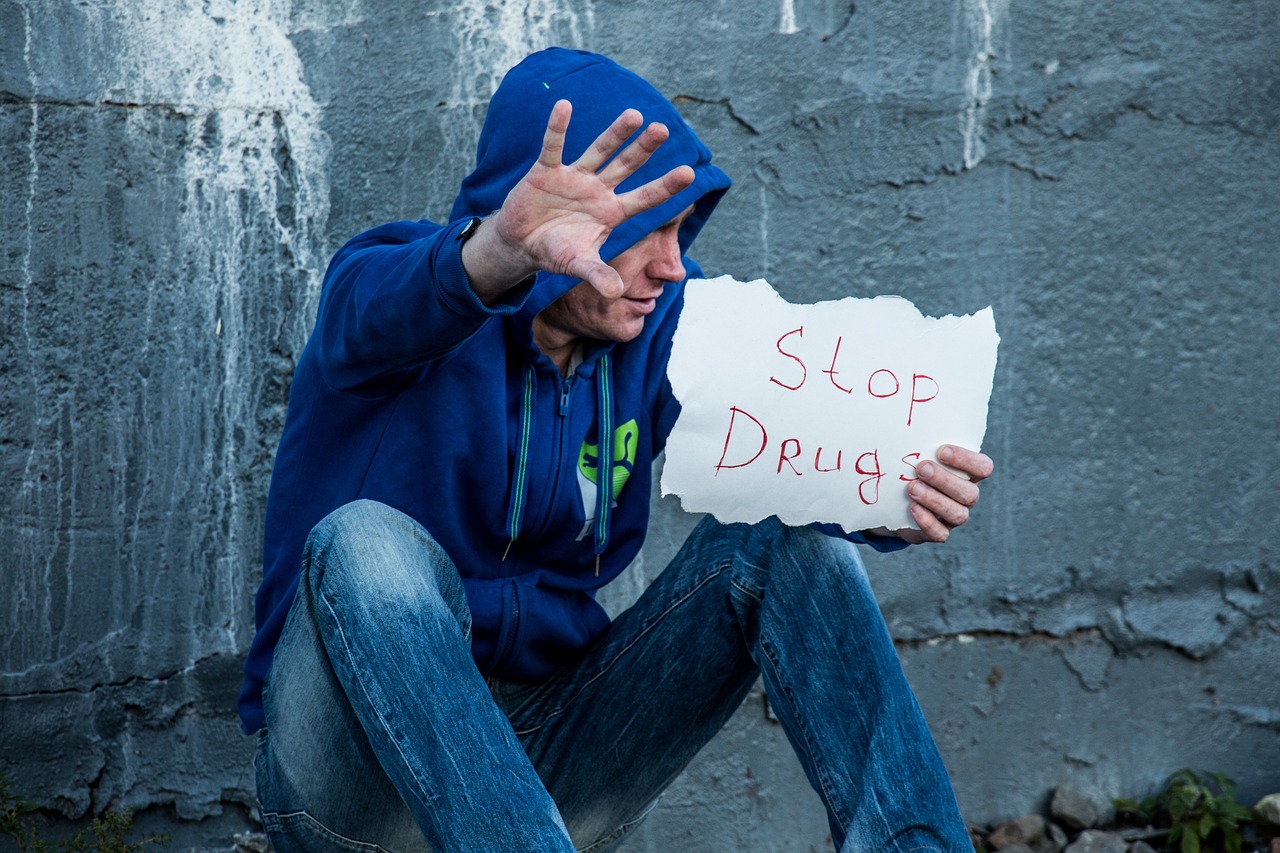
Substance use disorder, another name for drug addiction, is a persistent and frequently relapsing brain condition that is defined by obsessive drug seeking and use despite negative consequences.
Addiction involves alterations in the brain’s reward circuitry, which can result in strong drug cravings and a reduced capacity to enjoy natural rewards like food, companionship, or hobbies. Changes in judgment, decision-making, and self-control can also be brought on by addiction.
Prescription pharmaceuticals, illegal drugs, and alcohol are just a few of the many substances that can be involved with drug addiction. It can result in a wide range of physical and mental health issues, such as liver damage, heart disease, mental health conditions including anxiety and depression, and social issues like marital conflict or legal issues.
Drug addiction can be caused by a variety of factors, including genetic, environmental, and social factors. Treatment for drug addiction typically involves a combination of behavioural therapies, medication-assisted treatment, and support from friends and family.
The symptoms of drug addiction can vary depending on the substance being used, the severity of the addiction, and individual factors such as genetics and environmental factors. However, some common symptoms of drug addiction include:
Using drugs even when it causes problems at work, school, or home, and even when it puts your health and safety at risk.
Strong urges or desires to use drugs, which can be triggered by certain people, places, or situations.
Feeling unable to control or limit drug use, and using more than intended or for a longer period of time than intended.
Experiencing withdrawal symptoms such as nausea, headaches, tremors, or sweating when trying to stop using drugs.
Needing increasing amounts of the drug to achieve the desired effects.
Losing interest in other activities or hobbies that were once enjoyable, and spending more time and energy obtaining and using drugs.
Using drugs even when it causes problems with relationships, finances, work, or health.
Changes in mood or behaviour, such as increased irritability, agitation, anxiety, or sudden mood swings.
**It’s important to note that experiencing any of these symptoms does not necessarily mean that you have an addiction. However, if you are experiencing persistent symptoms that are impacting your daily life, it’s important to seek help from a healthcare professional. They can provide a proper diagnosis and create a treatment plan tailored to your individual needs.
We’ll be honest: overcoming addiction isn’t a stroll through the park. However, our multifaceted programme assures you of optimal guidance and support throughout your recovery. We specialize in various forms of psychological treatment, namely Dialectical Behavioral Therapy (DBT) and Cognitive Behavioral Therapy (CBT).
Trust is what keeps our team and community together. We are ardently focused on helping you achieve a realistic reintegration into your original environment and community. For that, we need you to act. Only talking doesn’t cut it. Re-integration requires commitment, effort, and hard work. If you’re up for it, we promise to support you in every way we can.
“Action is key. Nobody talks themselves into addiction, and we cannot simply talk our way out of it.”


For international calls, you can contact us via WhatsApp Call
Send us an e-mail:
If you are interested in receiving news and updates about Liberty Home, please enter your details below to be added to our newsletter. We would like to keep in touch with those who are close to us to show what we are working on, the volunteer programs, daily activities, and positive news!